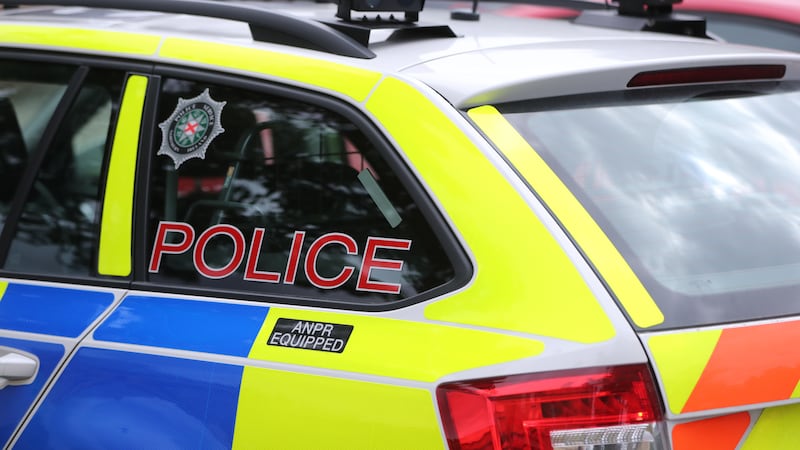When the documentary film No Stone Unturned was first released in 2017 we could never have imagined all the things that happened next.
Fast forward seven years later and we are pleased to have won our second legal battle this week.
In October this year we sat through four days of court hearings at the Investigatory Powers Tribunal in London.
This is the only British court with the power to rule on covert surveillance operations carried out by the intelligence agencies and police.
The court can have open and closed (secret) sessions, with open and closed (secret) evidence.
We discovered we have no right to access all of the information about our own legal case and this often felt like we were boxing with shadows.
Not everything has come to light.
We wanted to make a complaint to the court because we were curious to find out if the police had carried out secret operations against us alongside our arrests, the raids on our homes and the associated criminal investigation in 2018.
It turns out, according to the judge’s ruling this week, both the Police Service of Northern Ireland and the London Metropolitan Police Service had been unlawfully spying on us – tracking our mobile phone communications and location data, spying on our colleagues and they went so far as to put a Police Ombudsman staff member under physical surveillance.
They wrongly believed the official was supplying secret documents for our film.
Step back from the minutiae and it is clear that the authorities targeted us because No Stone Unturned uncovered the truth about police collusion in the killings in Loughinisland.
The police by arresting us wanted to send a message to other journalists – don’t go there or we will come after you too.
The PSNI have wasted significant time and resources. Court disclosures show they identified us as the ‘suspects’ rather than focus on bringing the Loughinisland killers to justice.
Thanks to the tribunal we know that the police did not abide by the rule of law. Instead they manoeuvred to circumvent existing legal safeguards for journalists and whistleblowers.
The tribunal has been highly critical of the former PSNI Chief Constable Sir George Hamilton. It ruled he had unlawfully approved an undercover surveillance operation against a civilian employee at the Police Ombudsman’s Office.
The tribunal heard that Hamilton signed a Directed Surveillance Authorisation (DSA). This has been judged to be unlawful state surveillance.
The tribunal judges rejected police claims that the surveillance operation had only been designed to target the Police Ombudsman official.
If the police had confessed that the real reason for their surveillance operation was to unmask a confidential journalistic source – then they would have been refused lawful permission to go ahead.
According to the tribunal judges the former Chief Constable failed to meet the legal standards necessary, the actions of the police were disproportionate and undermined the domestic and international legal safeguards that are available for the media.
This landmark ruling underscores the crucial importance of protecting press freedom and confidential journalistic sources.
The judgment raises serious concerns about police abuse of power and abuse of the law.
As a result of our case going to the Investigatory Powers Tribunal (IPT), the PSNI has already been forced to admitted that they spied on 300 journalists and 500 lawyers in Northern Ireland.
Only a public inquiry can properly investigate the full extent of unlawful and systemic police spying operations targeting journalists, lawyers and human rights defenders in the north.
Our case at the IPT has finally come to an end, but the story of police secret spying operations is definitely not over yet.



